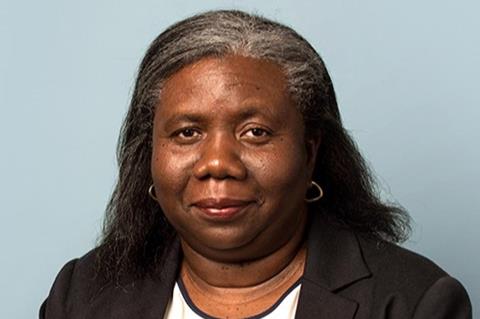By Lucy Caulkett-
A QC representing the bereaved families in the Grenfell Tower public inquiry is supporting calls for a statutory duty of candour .
The duty of candour is a statutory (legal) duty to be open and honest with patients (or ‘service users’), or their families, when something goes wrong that appears to have caused or could lead to significant harm in the future.
The grenfel inquiry was controversial in itself, at least in terms of how the chairman and panel were appointed .
Garden Court Chambers barrister Allison Munroe QC, who has also represented bereaved families in the Hillsborough inquests is concerned that inquests are often more adversarial than criminal cases, in her experience.
Munroe, who specialises in Family Public Law, Inquests/Inquiries, Crime and Mental Health, expressed her discomforts with the system at an event set up to discuss the thinktank Justice’s latest report.
The report: When Things Go Wrong: the response of the justice system. It calls for urgent reform for major inquests and inquiries, saying the current system often leaves bereaved families and survivors feeling confused, betrayed and retraumatised.
Statutory Duty Of Candour
The report’ makes 54 recommendations, one of which is a statutory duty of candour.
Munroe said: ‘I have often found inquests, which are supposed to be inquisitorial, are far more adversarial than any criminal cases I have ever done.’
She said public bodies used a divisive approach in their treatment of family members, treating them as though they were in the opposite camp during inquests and inquiries. She said they were treated as ‘litigants who are fighting their position rather than coming to [them] to find the truth or provide information’.
Truth
Speaking on behalf of bereaved families, she added: ‘families are not after retribution, they’re not after money. They want the truth, but they also want to make sure these things do not happen to other families in future and lessons are learned’.
Ken Sutton, director of the Hillsborough Independent Panel, told the event that it was essential for those working in organisations ‘to know that if something does go wrong and there is a possibility of an inquiry, then there will be a statutory requirement of candour’.
He said: ‘We should not underestimate the impact that would have upstream within those organisations. If sometimes more junior members of staff are aware their organisations will be required to be candid, some of the problems of defensiveness can be avoided before they start, not merely corrected at the point of the inquiry.’




